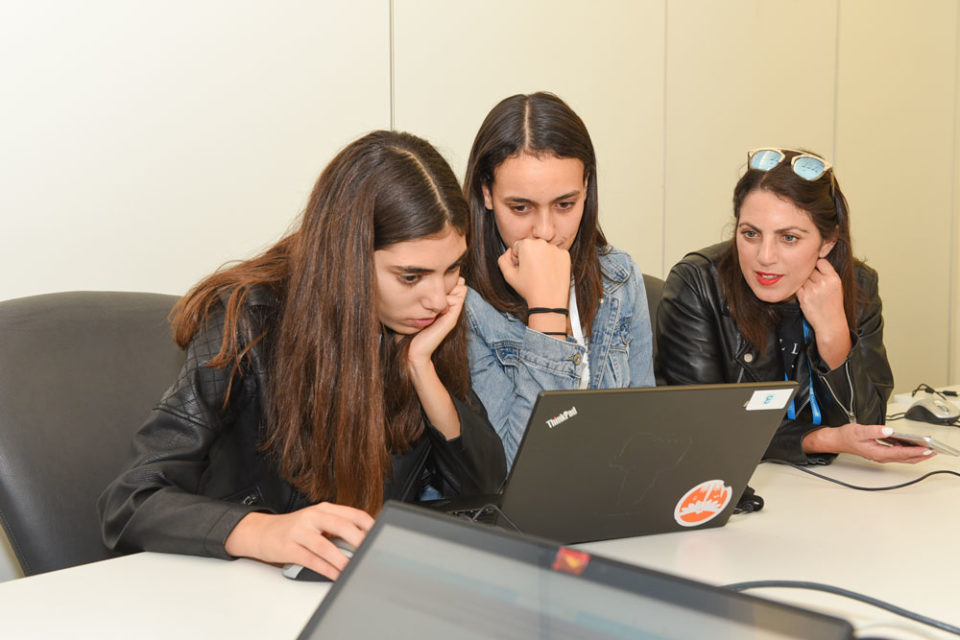“If you educate a man, you educate one person; if you educate a woman, you educate a nation.” These are the words of Brigham Young which remains true because women, indeed, play critical roles in the development of a nation. The former President of Malawi, Joyce Banda, once said: “the seeds of success in every nation on Earth are best planted in women and children.”
At Microsoft, we believe that empowering women in STEM field drives economic growth, equality, and innovation. We are creating a culture where more women are attracted to the STEM field and are empowered to take on a career path in the technology industry.
Despite the increased participation of women in tertiary education, there’s still a gender gap with the rates of young women’s participation in the labor market. For instance, there is a 60% and 66% gender gap in the Middle East & North Africa and Sub-Saharan Africa, respectively (Global Gender Gap Index 2018). The gender inequality is even more pronounced in the science, technology, engineering, and mathematics (STEM) disciplines. According to the UNESCO Institute of Statistics, women account for less than 30% of the world’s researchers. And in Africa, only 9% of startups have women leaders, according to a 2016 study by Venture Capital for Africa.
To achieve the sustainable development goals (SDGs) and fulfill the 2030 Agenda pledge to “leave no one behind” and “reach the furthest behind first,” it is imperative to bridge the gender gap in the STEM disciplines. Thus, the United Nations General Assembly on December 22, 2015, established an annual International Day for Women and Girls in Science – February 11 – to create awareness and recognise the critical roles of women and girls in the science and technology communities. This year’s commemoration is themed: Investment in women and girls in science for inclusive green growth.
For Microsoft, the SDGs represent a critical global effort to address issues that resonate with the spirit and principle of our mission: to empower every person and every organisation on the planet to achieve more. We are committed to gender equality and have continued to equip girls and women with the skills, tools, and resources that would enable them to leverage digital economy opportunities.
We also supported The Zariah Elizabeth Foundation (TZEF) to digitally empower 25,430 Nigerian women in the North- Eastern part of the country in the last six months. The digital empowerment for girls’ program trained young women including housewives on ICT skills. While some of the beneficiaries have been employed by the computer centers in the community, others have gained the confidence to pursue further education and career in computer science.
Through the Forum for African Women Educationalists (FAWE) in Sub Saharan Africa, we were able to train 250 teachers and 25,000 young women from 125 schools were upskilled with digital and introductory computer science knowledge. Also, we collaborated with the Ministries of Education in Kenya and Nigeria to review policies and practices on computer science education at the school and national level.
In the next 10 years, there will be an estimated 1.4 million jobs in computer science and 90% of future jobs will require digital skills.This is a clear indication that it’s our joint responsibility to keep encouraging young women’s participation in the STEM disciplines and thus ensuring that we’re building an unbiased and fair world.





